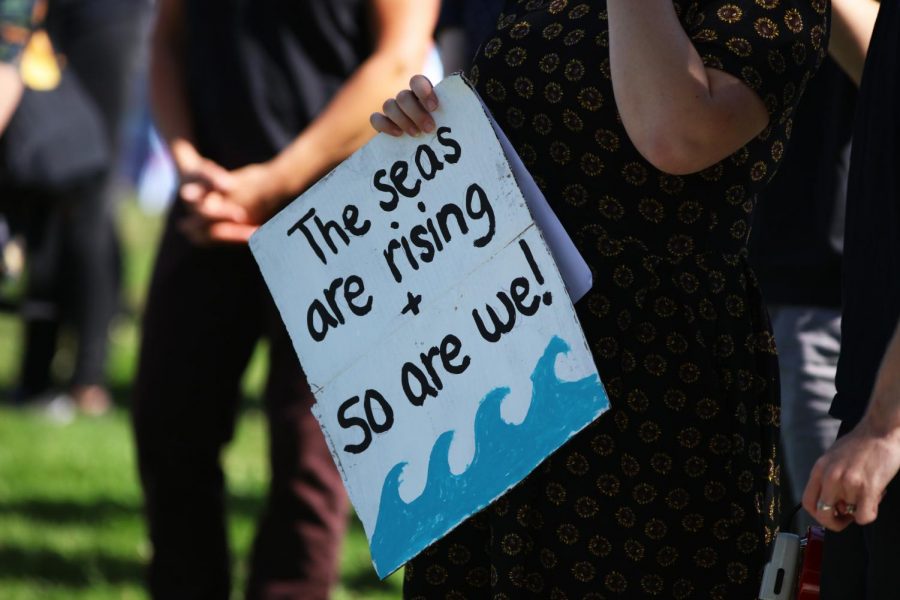Climate change is an existential problem. We have known about it for at least 40 years but carbon emissions and the average global temperature have continued to rise. Environmental disasters have become more frequent. Given those facts, it seems clear that the approach we have been taking is not working. If we want to solve this crisis, we are going to have to change that approach and part of that is to stop viewing it as an individual problem. Seeing this crisis in terms of individual choices misunderstands what we are up against and does not allow for macro level policy solutions.
Take driving, for instance. In the United States alone, driving creates about one-fifth of all carbon emissions. Unless you live in a major city, public transportation is terrible, so people drive. Who can really blame them? The solution here is not to start a public service announcement campaign or to shame people for driving. There are many potential macro level solutions such as improving access to electric cars, improving public transportation or putting pressure on car companies to improve fuel efficiency and then make sure everyone can afford the newer, more fuel-efficient cars. Is simply telling people not to drive or telling them to buy electric cars going to be nearly as efficient as what I have proposed? Obviously not because they are driving out of necessity.
When viewed through this lens, it becomes clear why the current approach to recycling is not a great way to reduce plastic pollution either. It is counterproductive in a way. The idea behind recycling is that if each of us do our part, then the amount of garbage emitted into the world will be reduced to manageable levels, but again, is that really the best way of dealing with the problem? Wouldn’t it be more effective if, for example, the companies that manufacture plastic water bottles switched to some biodegradable alternative? If they did that, the entire problem of plastic bottle pollution would be solved at once. I say our approach to recycling is counterproductive because while maybe focusing on our own recycling makes us feel like we are doing something, it distracts us from actually engaging with the best ways to achieve the big sweeping changes that we want. This is why, to me, recycling just feels like a ritual to perform.
Given the scale of the problem, it seems silly and ineffectual. Does anybody really think that running more of those condescending recycling PSAs is going to solve the climate crisis? Maybe through individual actions, a group of properly educated people can make some marginal difference but talk of recycling takes up far too much attention given the gravity of the problem and it stifles thinking about the necessary radical solutions.
In order to avoid catastrophe, we will have to reduce global carbon emissions by 45 percent from the 2010 levels by 2030. According to the United Nations, not even the climate goals outlined in the Paris Agreement are enough. In short, cutting emissions by necessary levels will require much more than a fuel tax here and an energy efficiency subsidy there. The UN Intergovernmental Panel on Climate Change reported in 2010 that limiting global warming to manageable levels “would require rapid and far-reaching transitions in energy, land, urban and infrastructure (including transport and buildings) and industrial systems.” They note that such changes are “unprecedented.”
Who has the power to implement these changes? There is only one entity: the government. Our energy would be best spent on political climate activism and there is already a movement doing this, the Sunrise Movement. It is time for a new political era more along those lines. We are doomed unless we organize and start pressuring the government. It may seem like a long shot, but existential threats call for extreme measures. We just have to remember that what we think about climate change can inspire us, but it can also limit us. Maybe the reason so many of us have felt paralyzed is because we’ve been stuck in a paralyzing perspective.
Joseph Ellis can be reached at [email protected].



















